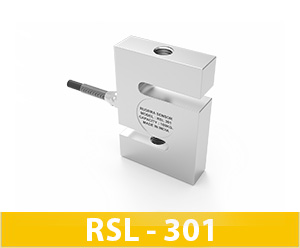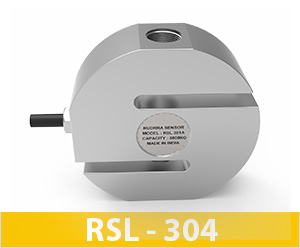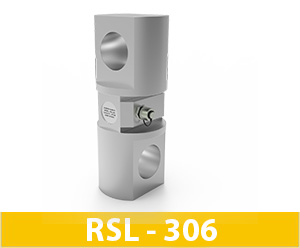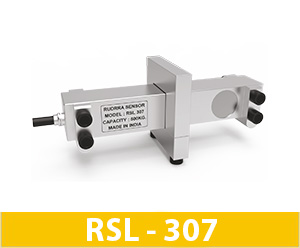In the realm of precise weight measurement and force sensing, S-type load cells stand out as versatile and reliable devices. Whether you are in the manufacturing, transportation, or healthcare sector, understanding the applications and benefits of S-type load cells can greatly enhance the accuracy and efficiency of your operations.
What Are S-Type Load Cells?
S-type load cells, named for their distinct S-shaped design, are a type of force transducer that converts mechanical force into an electrical signal. This conversion is achieved through strain gauges affixed to the load cell body, which detect minute deformations under load and generate corresponding electrical signals.
Applications of S-Type Load Cells
1. Industrial Weighing Systems
– S-type load cells are extensively used in industrial weighing systems for tasks such as hopper weighing, tank weighing, and batch weighing. Their high accuracy and robust construction make them ideal for environments where precise measurement is critical.
2. Material Testing
– In material testing applications, S-type load cells measure tensile and compressive forces. They are integral to machines that test the strength, elasticity, and durability of materials, providing data essential for quality control and research.
3. Automotive Industry
– The automotive sector employs S-type load cells in various testing applications, including component testing and crash testing. These load cells help ensure that parts meet stringent safety and performance standards.
4. Medical Devices
– S-type load cells find applications in medical devices such as patient lifting systems and physical therapy equipment. Their precision and reliability are crucial for ensuring patient safety and accurate therapeutic outcomes.
5. Agriculture
– In agriculture, S-type load cells are used in equipment like grain silos and livestock scales. They help farmers monitor and manage inventory, optimize feeding processes, and ensure fair trading practices.
Benefits of S-Type Load Cells
1. High Accuracy and Precision
– S-type load cells offer exceptional accuracy and precision, making them suitable for applications where even small measurement errors can lead to significant issues. This high level of accuracy is crucial in industries like pharmaceuticals and aerospace, where precision is paramount.
2. Versatility
– The S-shaped design allows for both tension and compression measurements, providing versatility in a wide range of applications. This dual capability means that one type of load cell can often be used for multiple purposes, simplifying inventory and maintenance.
3. Robustness and Durability
– Constructed from durable materials like stainless steel, S-type load cells are built to withstand harsh environments and heavy usage. Their robust construction ensures longevity and reliable performance, even in challenging industrial settings.
4. Compact Design
– The compact design of S-type load cells makes them easy to integrate into existing systems without requiring significant modifications. Their small footprint is especially advantageous in applications with space constraints.
5. Ease of Installation and Maintenance
– S-type load cells are relatively easy to install and maintain. Their straightforward design simplifies the calibration process, and their durability reduces the need for frequent maintenance, leading to lower operational costs over time.
Conclusion
S-type load cells are indispensable tools across various industries, offering high accuracy, versatility, and durability. Understanding their applications and benefits can help you make informed decisions about incorporating them into your systems. Whether you are enhancing the precision of your weighing systems, ensuring the safety of automotive components, or improving the efficiency of agricultural operations, S-type load cells provide reliable performance that you can trust.










